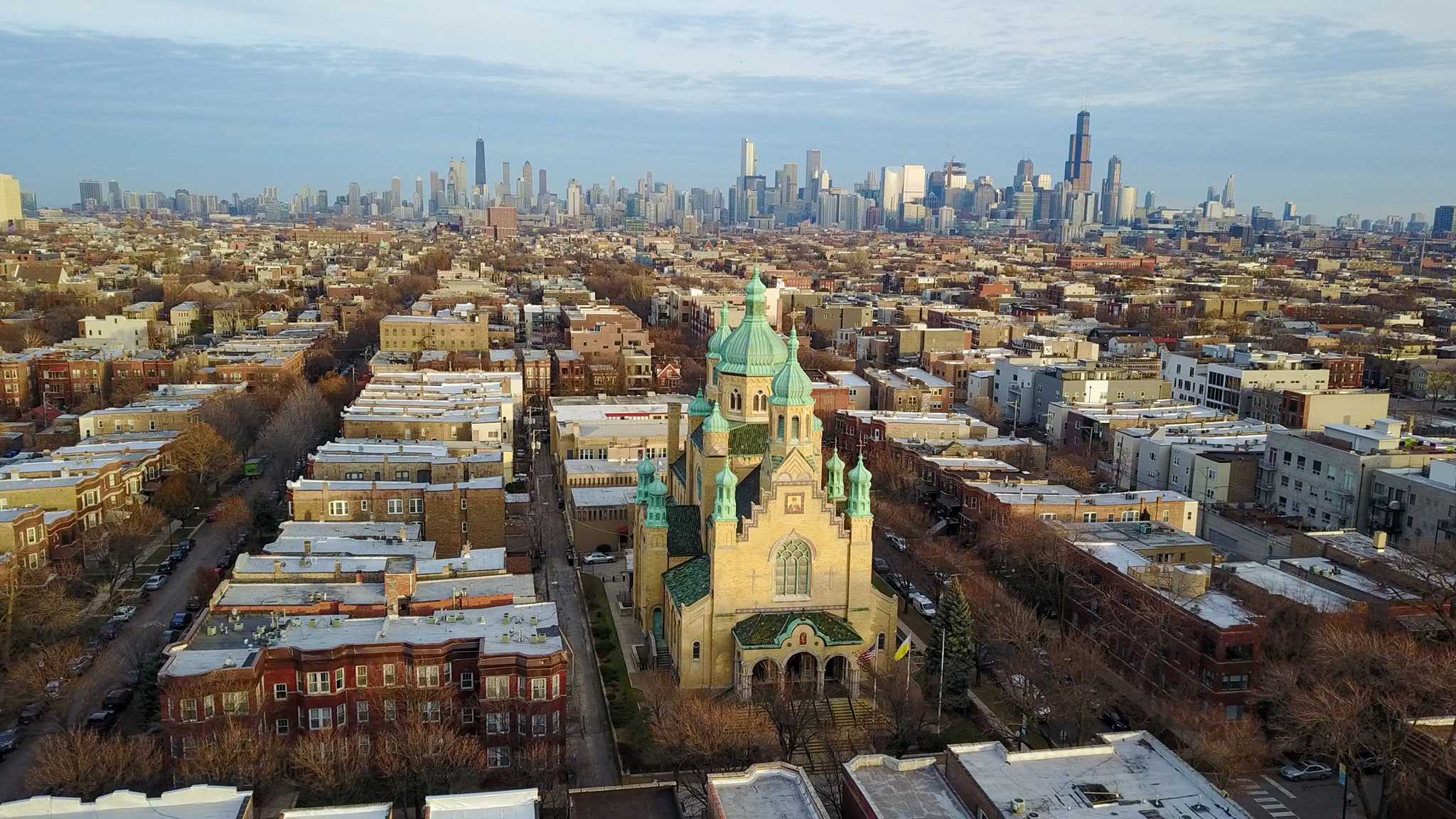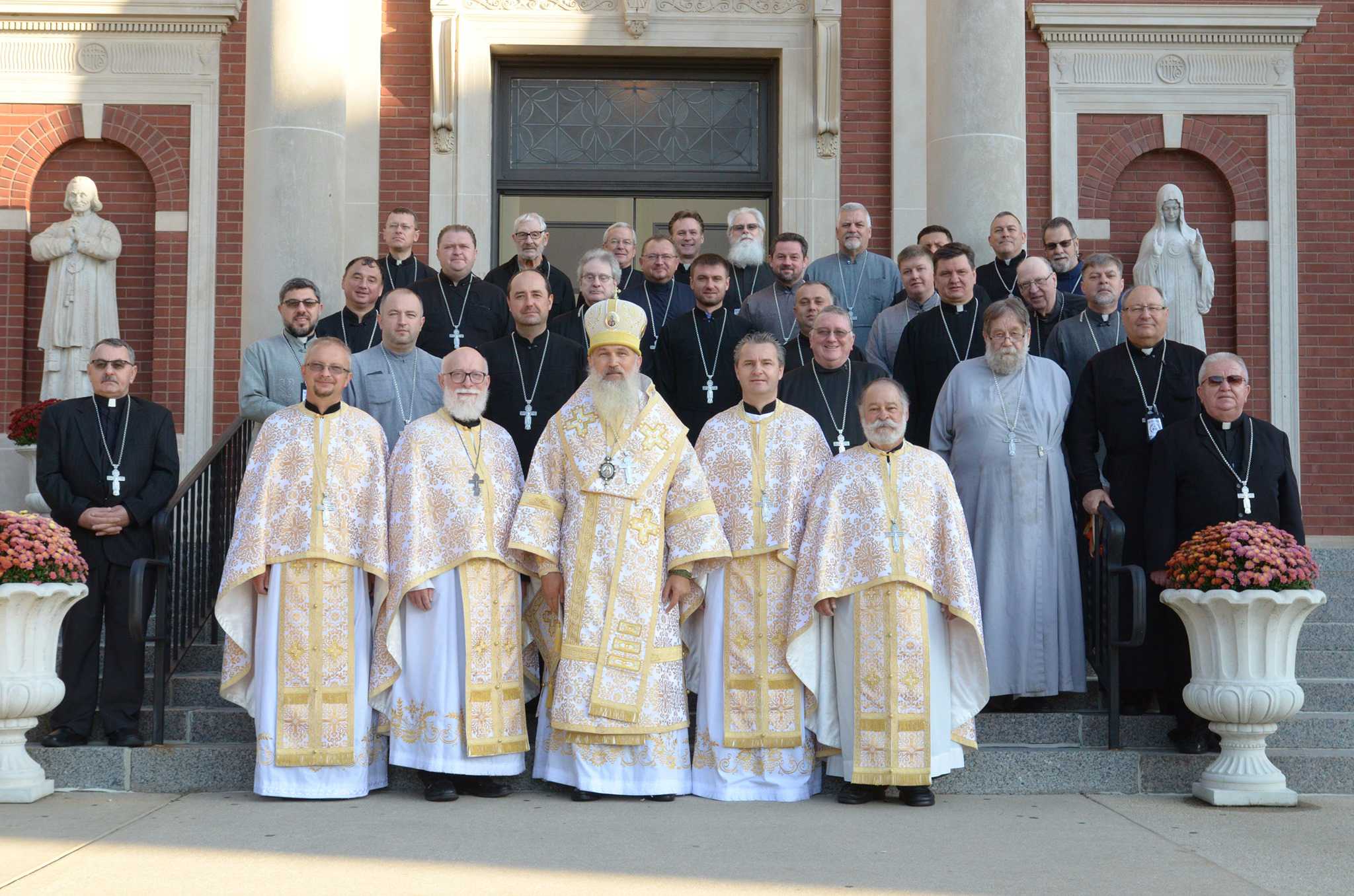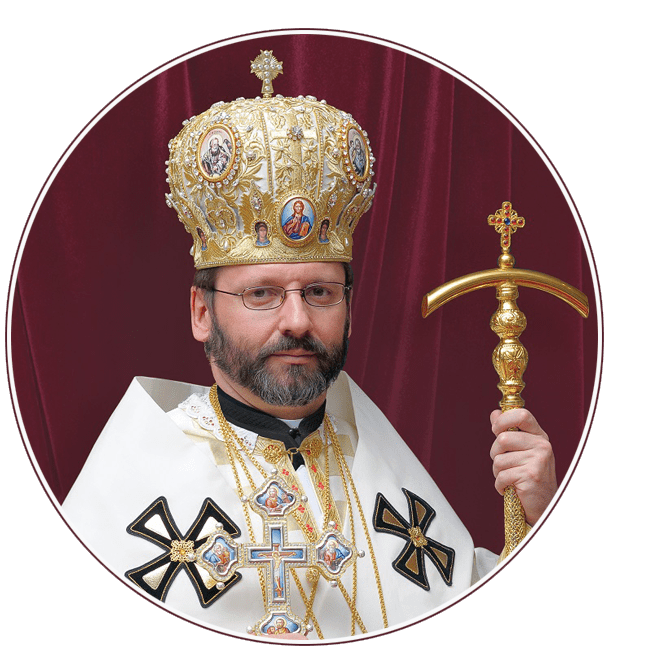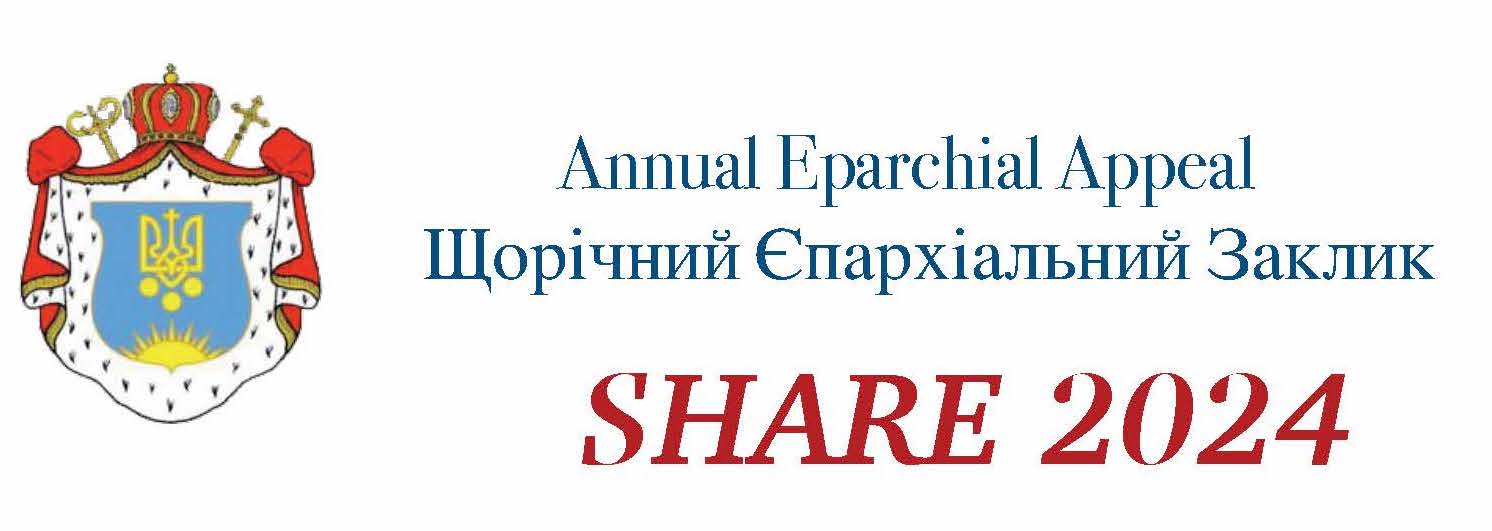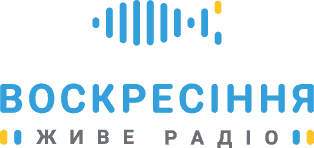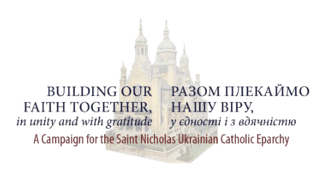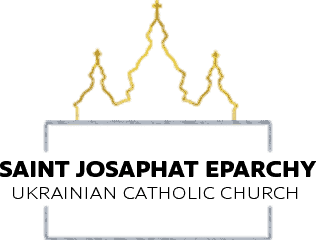Homily by Patriarch Sviatoslav for the 23rd Sunday after Pentecost
At that time Jesus sailed to the territory of the Gerasenes, which is opposite Galilee. When he came ashore a man from the town who was possessed by demons met him. For a long time he had not worn clothes; he did not live in a house, but lived among the tombs. When he saw Jesus, he cried out and fell down before him; in a loud voice he shouted, "What have you to do with me, Jesus, son of the Most High God? I beg you, do not torment me!" For he had ordered the unclean spirit to come out of the man. (It had taken hold of him many times, and he used to be bound with chains and shackles as a restraint, but he would break his bonds and be driven by the demon into deserted places.)
Then Jesus asked him, "What is your name?" He replied, "Legion," because many demons had entered him. And they pleaded with him not to order them to depart to the abyss. A herd of many swine was feeding there on the hillside, and they pleaded with him to allow them to enter those swine; and he let them. The demons came out of the man and entered the swine, and the herd rushed down the steep bank into the lake and was drowned. When the swineherds saw what had happened, they ran away and reported the incident in the town and throughout the countryside. People came out to see what had happened and, when they approached Jesus, they discovered the man from whom the demons had come out sitting at his feet. He was clothed and in his right mind, and they were seized with fear. Those who witnessed it told them how the possessed man had been saved. The entire population of the region of the Gerasenes asked Jesus to leave them because they were seized with great fear. So he got into a boat and returned. The man from whom the demons had come out begged to remain with him, but he sent him away, saying, "Return home and recount what God has done for you." The man went off and proclaimed throughout the whole town what Jesus had done for him.
(Lk. 8,26-39)
Homily by Patriarch Sviatoslav
The homily on Sunday, November 15, 2020 was translated from: https://www.youtube.com/watch?v=LK8PtoBV-ss&t=39s
We are saved by the grace of God.
In the name of the Father, the Son, and the Holy Spirit. Amen!
Reverend Bishop, honorable priests, honorable brothers seminarians, dear sisters and brothers in the monastic orders, brothers and sisters - children of our parish and all the corners of the earth who are watching us in real time on our live stream...Glory to Jesus Christ!
These words about God's grace, which we heard today in Paul's Epistle, are the key to understanding the deeper meaning of God's Word found in today's Gospel by St. Luke.The Apostle Luke describes Christ as the source of our human dignity and our liberty. Jesus sets forth to Gerasenes. Luke says that He and the apostles sailed to the opposite shore of the Sea of Galilee; into another country - another administrative land at the time of the Roman Empire (Decapolis). The logic of this story is very interesting. Christ travels to this place to find a person...to save a person...to return dignity and liberty to this person. When He steps foot in this land (by the way, whoever visits this place today can actually see the location where this all happened), a possessed man approaches Him...a person who was deprived of his liberty, and is ruled by evil...an unclean spirit. It is interesting to see how Luke, a doctor himself, describes the condition of this man. First of all, he says that the man was without clothing. In those times, to remove someone's clothing was to deny them the last shred of human dignity. In essence, it was like tossing this person out of society and lowering their dignity to the level of an animal. Moreover, Luke says that this man had not lived in a house for some time. He says he was from the town; but, I ask, from what kind of town?! This man has long lived in tombs. In other words, he was not from the town of the living, but from the town of the dead. Furthermore, the man is dangerous in the anger that dominates him...not just to the citizens who exiled him beyond the borders of their community, but he becomes dangerous even to himself. This is why the people bound him with chains and shackles. But this evil spirit that controlled the man would break the bonds and be driven into deserted places where he would beat himself. This is a terrifying description and it shows that evil is the ruinous force that takes away a person's dignity and liberty. The Apostle Paul says that anyone who does evil becomes its slave. Anyone who does evil willingly gives himself to the evil spirit - is, in essence, inviting the tyrant to take his liberty. Fundamentally, evil ruins life. It ruins the person. It ruins the world. You cannot negotiate with evil. Evil always brings ruin, trouble. Evil always downgrades a person. At the moment of meeting the man and the exorcism of the evil spirit, Jesus gives this man back everything he has lost. Jesus steps up to be this man's greatest benefactor. By chasing out the evil spirit, he brings this man his dignity and liberty. What follows is also interesting. Luke describes the effect of this liberation. He says that when the people came out to see what had happened, the man was "clothed and in his right mind." In today's lexicon, what that means is that now, he had dignity - the dignity that only comes from God. Humans have dignity, having been created in the image and likeness of God. Christ restores this image and likeness to this man. Human dignity is a birthright and not granted to us by anyone or anything in this world. The other thing Luke says is that the man was "in his right mind." This means that he is free - that he could control and make decisions for himself. Moreover, he became able to do good. In our dignity, we have the likeness of God - man's benefactor. Our dignity returns to us only when we do good. When we do good, we experience our own dignity. Similarly, when we help others through our respect for them - we help them experience their dignity. Our liberty is tied to our ability to do good. Our liberty is our dignity revealed. Every time we do good, we feel liberty and we are full of joy. But when we do evil, we feel that something has been damaged or ruined in our lives and those around us. Dear brothers and sisters in Christ, today, all over the world, the Catholic Church marks the World Day of the Poor. We see that in the modern world, a world that, in the words of Pope Francis, lives as if God does not exist. People often live as if there are no poor, aggrieved, or needy people. The modern person, who has his mind enslaved by the illusory world which is created by TV or social networks, thinks that human suffering doesn't exist. Often we live as if we have no one around us. We become insensitive to human suffering, troubles, disrespect of human dignity, and poverty. In today's world, we see that poverty has many faces. When we hear about a poor man, we often think about the kind of person who lacks certain things to live. But, this is only one of the faces of poverty. Today we have widespread cultural poverty as well. Hundreds of thousands, or even millions, do not have access to education. Or, consider some of those with deep pockets. When they show incredible cultural poverty through their choice of language, the way they relate to their neighbor, they way they treat those who don't have much - we can only say "poor man, even though he is well off." Today, we also have spiritual poverty - the poverty of a person who is enslaved by his or her own evil, or the poverty of a person who is captive to his or her own sin. In modern culture, which we often call the post-industrial culture, we see yet another face of poverty, loneliness. This happens when a person, adept in today's forms of communication, is still not able to form deep, valuable personal relationships. People like this may actually have a lot of wealth, but feel so lonely as to not be able to leverage any of it. For this reason, in response to Pope Francis' call, let's look in the eyes of today's poor man, poor woman, and those who are cast out of society, and through the culture of rejection. For so many years now, philosophers and anthropologists have warned about a culture of rejection, of which the Pope speaks. Today, on this World Day of the Poor, our Church has initiated an open-ended action called, "Feed the poor." We can think all we want about dignity, about liberty, but what it really comes down to is for each of us to do at least one tangible act of goodness. Let us be like our benefactor, God Himself, and approach someone in need. Let us be similar to Christ our savior, who sought a person who is enslaved by sin, who is downgraded, stripped of their dignity and liberty through the shackles we find in the third millennium. Truly, when we think about these different faces of poverty, we may reveal some real treasures and gifts. We will realize that among us there is no one that is so poor that could not help another person. In an act of goodness, let us experience our own dignity. Let us reveal our own ability to do good. Let this day help more than just the poor. Let it help each of us, as well! Let this day be the moment when good overcomes our souls. A day when a single beam of light can push out all darkness. When we listen to these words of release, about real liberty, and the dignity of God's children, let us ask the Lord to help us understand and to write the words on our hearts that were spoken by Metropolitan Archbishop Andrey Sheptytskiy: "In the moment of your death, all you will have is what you gave away to the poor." Amen.
Source: https://homily.us




